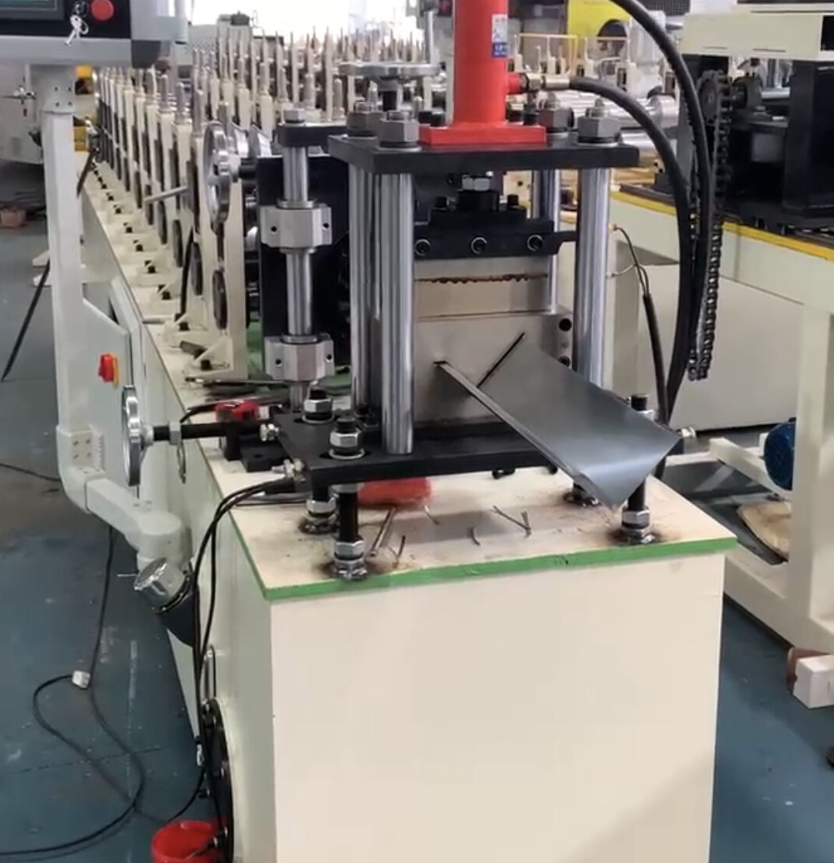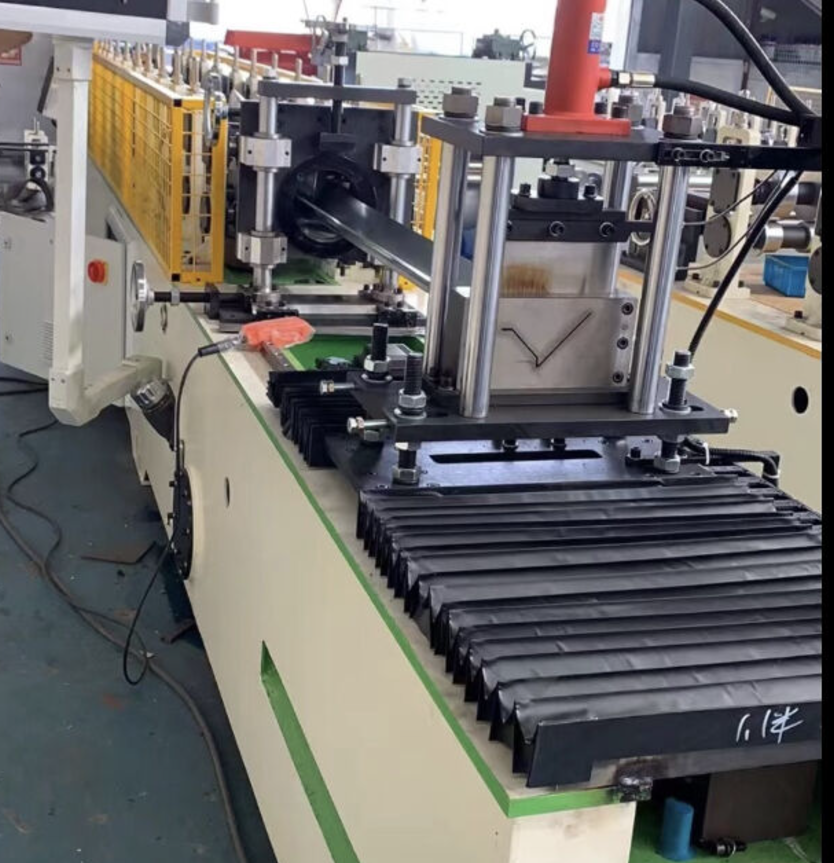To express an interest in this machine please submit the form below.

Not Sure What Machine You Need?
Select Your Profile, We'll Match It
Choose your desired profile drawing, and let Machine Matcher connect you with the best roll forming machine tailored to your needs.
Browse Profiles


Drip edge roll forming machines are critical for manufacturing the drip edge profiles used in roofing systems. These machines streamline production, ensuring high precision and consistency, which are essential for protecting buildings from water damage. This guide focuses on the complete machine description, specifications, and frequently asked questions, tailored for the Idaho state market in the United States.
A Drip Edge Roll Forming Machine is a specialized industrial machine used to produce drip edge profiles efficiently. These profiles are designed to channel rainwater away from the roof and foundation, preventing structural damage. The machine operates by feeding metal coils through a series of precisely aligned rollers, shaping them into the desired drip edge profile.
The installation process is straightforward, with step-by-step guidance provided:
Q1. What materials can the machine process?
The machine can handle galvanized steel, aluminum, and coated metals, with a thickness range of 0.3–0.8 mm.
Q2. Can the machine produce different drip edge profiles?
Yes, the machine is customizable and can be adjusted to produce various profiles based on your requirements.
Q3. What is the average production speed?
The production speed ranges from 10–20 meters per minute, depending on the material and profile complexity.
Q4. How does the machine ensure safety during operation?
The machine comes with safety guards and an emergency stop system, ensuring operator protection.
Q5. Is technical support available in Idaho?
Yes, we provide local technical support and training for customers in Idaho.
Q6. What is the typical power supply required for this machine?
The machine operates on 220V or 440V, 60Hz, ensuring compatibility with standard industrial power supplies in Idaho.
Q7. How long does it take to install the machine?
Installation and initial setup typically take 1–2 days, including training.
This drip edge roll forming machine is an ideal solution for roofing manufacturers in Idaho, offering precision, efficiency, and adaptability to local conditions. For more information or to request a quote, contact us directly!
Copyright 2026 © Machine Matcher.